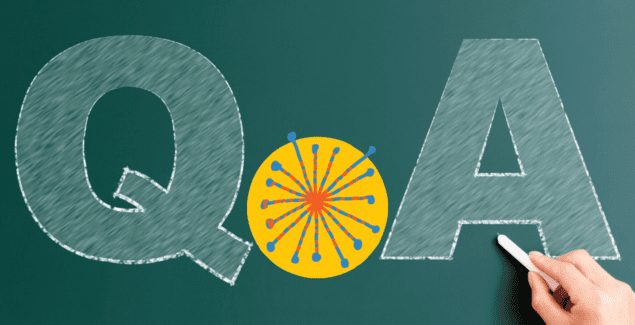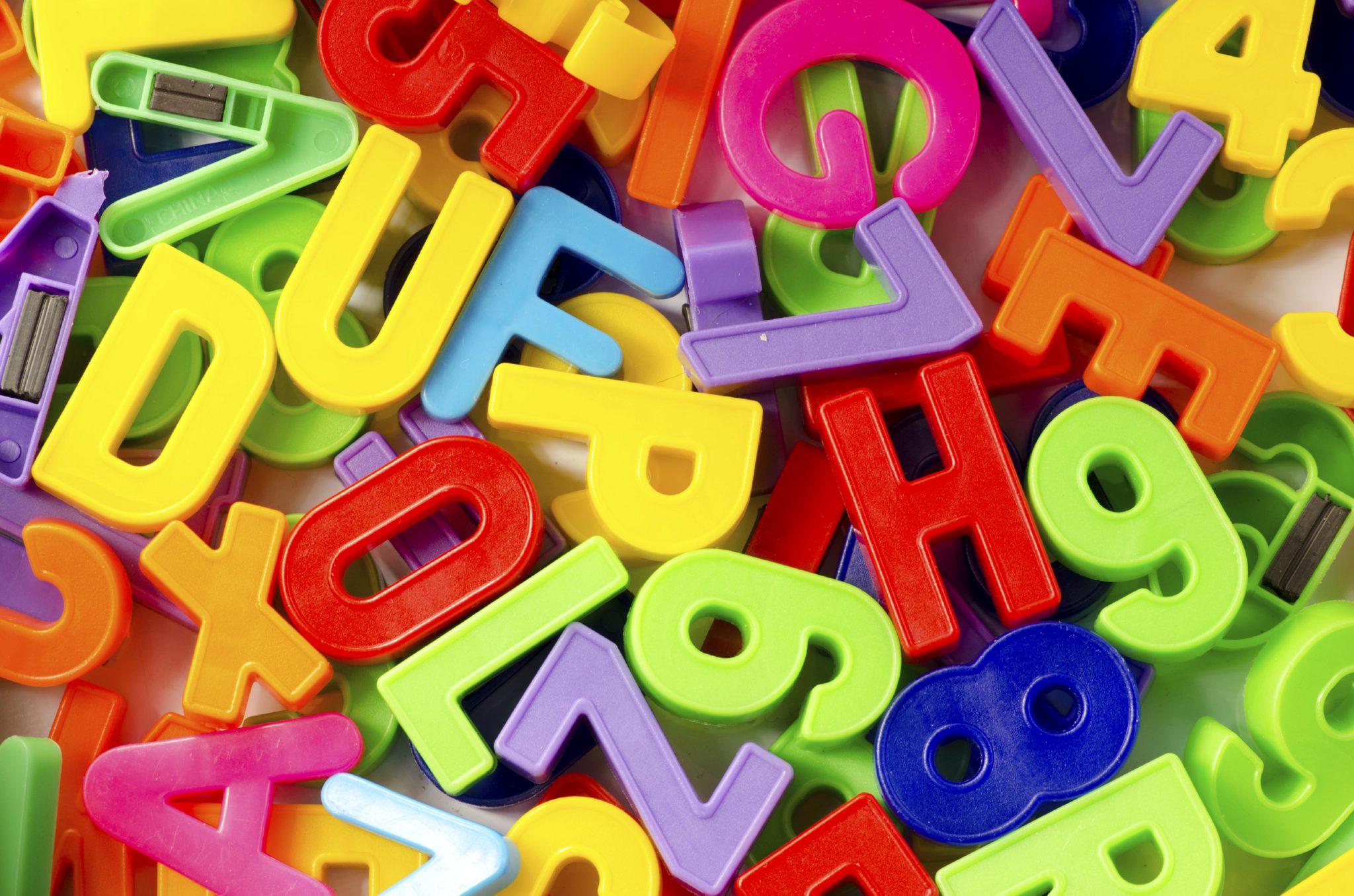Q+A: What Should I Tell My Daughter About Her Dyslexia Diagnosis?

Posted in: Grade School
Topics: Learning + Attention Issues
Although some parents worry that “labeling” their children’s problems will somehow damage them or make them feel bad about themselves, the fact is that the majority of people (kids and adults, alike) are relieved to know that what they are struggling with or suffering from has a name. By telling your child, in age-appropriate language, about dyslexia, you are validating what she has likely known for a long time – that she learns to read differently than most other kids and has yet to be taught in the right way (or that she is finally being taught in the right way, if that’s the case). Telling her that everyone has strengths and weaknesses or naming things your child is really good at, and things that are harder for her, can be helpful in framing her reading difficulties.
If she’s had a recent evaluation, use the results of the testing to describe her areas of strength. Point out all of her talents and interests, which will reassure her that there are many things she can do well. Children with dyslexia will often show strengths in creative thinking and hands-on skills. If she is old enough, you could explain that the way her brain is wired makes it harder for her to hear the specific sounds that make up words, and to pair those sounds with the letters that make words. Because of this, learning to read and spell has been harder for her. Reassure her that this does not mean her brain or mind doesn’t work well in general; she is as smart as her classmates (and possibly even smarter) but just has difficulty in this one area. Citing well-known, successful people with dyslexia may also help her accept the diagnosis and see that it doesn’t mean she won’t do well in any area that interests her. Whoopie Goldberg, Steven Spielberg, Cher, Octavia Spencer, Henry Winkler, and Kiera Knightly are just a few of the many individuals with dyslexia who have pursued their dreams and found success. If there are other people in the family who have learned to cope with dyslexia, talking about what worked for them can be a great conversation starter, as well as a future source of support.
There are many resources for children and teens who have been diagnosed with learning disabilities. Because it is very common for children with dyslexia or any other learning disabilities to struggle with low self-esteem, it will be critical for you to help your daughter understand and accept her difficulties while promoting her strengths and interests. A school psychologist or guidance counselor may be a helpful resource should your daughter have trouble dealing with her academic struggles, despite your support.


 Share
Share Tweet
Tweet





